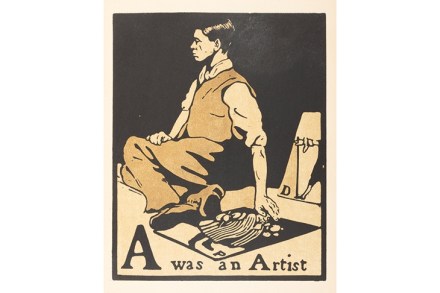O brother, where are thou?
Sunset is French-Hungarian writer-director Laszlo Nemes’s follow-up to his astonishing Oscar-winning debut, Son of Saul. This time round the film is set as the Austro-Hungarian Empire is on the brink of collapse, and it is confounding, but not in a good way, as it’s as turgid as it is baffling. I’ve seen it twice now, and it was as turgid as it was baffling on both occasions. Disappointing, I know, but on the plus side the backdrop is a high-end millinery establishment, so the hats are fab. Truly. It opens seductively enough, in bustling Budapest in 1913. It opens as if this were a Dickens or Dostoyevsky, but it’s not



















